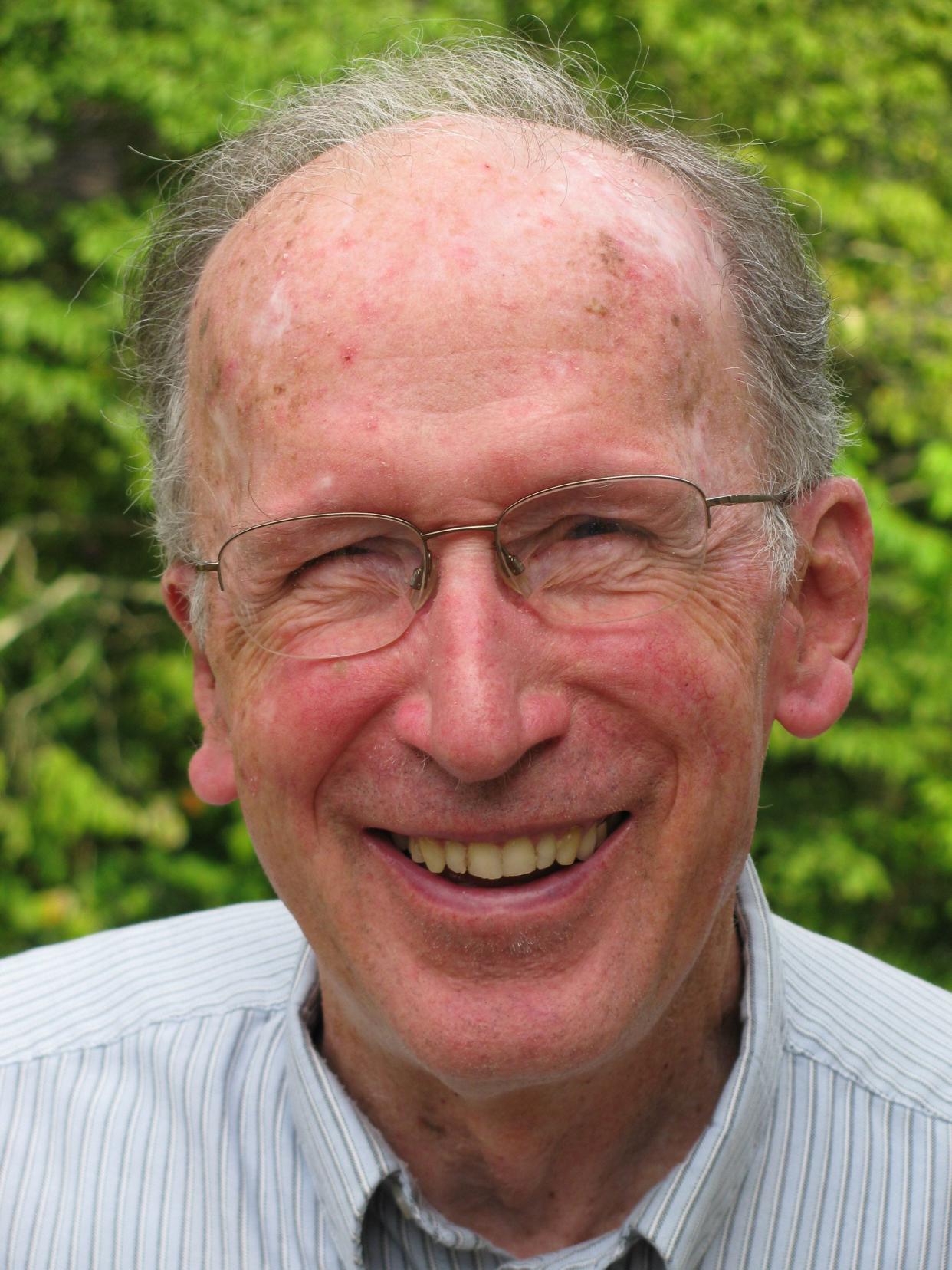Opinion: Religious, patriotic 'rites of intensification' are important, should be separate

When I started studying sociology of religion, one of the interesting human activities I found is what anthropologists call “rites of intensification.” These activities have been found by anthropologists in all groups of people, going back to human early life. Rites of intensification are gatherings made by groups of people to affirm, maintain and strengthen bonds of solidarity.
Rites of intensification performed an important function in the past, but also in the present. In such gatherings people reaffirm their shared beliefs, values and obligations that hold them together. If human beings are going to perpetuate the groups they value, they need these rites of intensification. We are very familiar with two kinds of rites of intensification: religious and patriotic. Both need the emotional support that people can give them because both require commitments, obligations and duties. But they both also provide satisfactions and give meaning to life.
Here, I will make the strong point that America has made a clear distinction between religious organizations and the nation to which we belong. Even though religious and patriotic emotions may influence each other and to some extent overlap, the founders made clear that they must remain organizationally separate. The Founders had seen and suffered under the harm done when governments and religions used each other to exercise control over people.
More: Opinion: American democracy experiment undermined by those who don't believe in equality
More: Opinion: Religious purpose of Montreat Conference Center should be priority over other uses
As a result, religious and patriotic rites of intensification have been kept separate in America. Religious rites of intensification are familiar to most people. Sunday church services are examples of such rites because many people feel the need for the constant inspiration and learning from the rich religious music, literature and teaching they hear in church. In addition, throughout the year on certain days and seasons there are special religious celebrations with their own special meanings.
Not only are there regular weekly gatherings of religious groups, but there are periodic conferences and rallies held at places set aside for such large gatherings. These are legacies from earlier outdoor gatherings of settlers. We see many such sites in this beautiful mountain area of Western North Carolina. I have pointed to Montreat as the place where I have gathered with others to be inspired and to learn of common goals and activities throughout much of my life, especially in the world Christian movement. Most religious denominations and their regional bodies have such important sites for rites of intensification in the faith and love of their religious communities.
The national celebrations of Memorial Day and Fourth of July are examples of patriotic rites of intensification. However, these are distinguished from religious rites. Even though Montreat, like other towns, has a July 4th parade, this is not a religious rite of intensification. The separation of church and state made by the founders is organizational separation so that the church cannot make use of the necessary coercive power of the state or the state exercise its power through the church. The current movement toward “Christian nationalism” confuses the nation with organized religion. This crosses the boundary set by the Founders.
Nevertheless, religious sentiment can be connected to nations or particular peoples because religious sentiment is related to all of life. One example where religious sentiment is brought into national history is in Julia W. Howe’s “Mine Eyes Have Seen the Glory” written in 1861. It celebrates the marching on of truth, which is a reminder of what we see and need more of today in every land. Another more recent example is James Weldon Johnson’s “Lift Every Voice and Sing,” written in 1900. It celebrates the African American movement through suffering toward freedom from oppression. It can be applied to other suffering people. These songs add to the intensification of faith and determination to build a more just society in the nation. This is where faith works in patriotism.
More: Editor: Open call for women to share their voices, during Women's History Month and always
People have always needed rites of intensification because both our faiths and our nation need our felt loyalty, commitment, love and action. We are not called to die for our faith or our nation at the present time, but many have done so in the past to gain the freedom we enjoy and we are forever grateful to them.
In our present life, we are always challenged by both religious and patriotic rites of intensification to work for a “more perfect Union, establish Justice, insure domestic Tranquility, provide for the common defense, promote the general Welfare and secure the Blessing of Liberty to ourselves and our Posterity.” (From preamble to the U.S. Constitution.)
Rev. Robert L. Montgomery, Ph.D, lives in Black Mountain.
This article originally appeared on Asheville Citizen Times: Patriotic and religious rites of intensification are important

